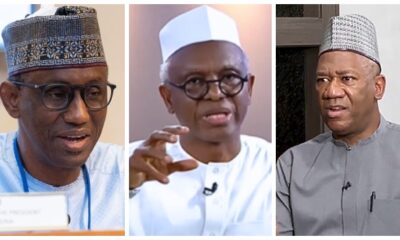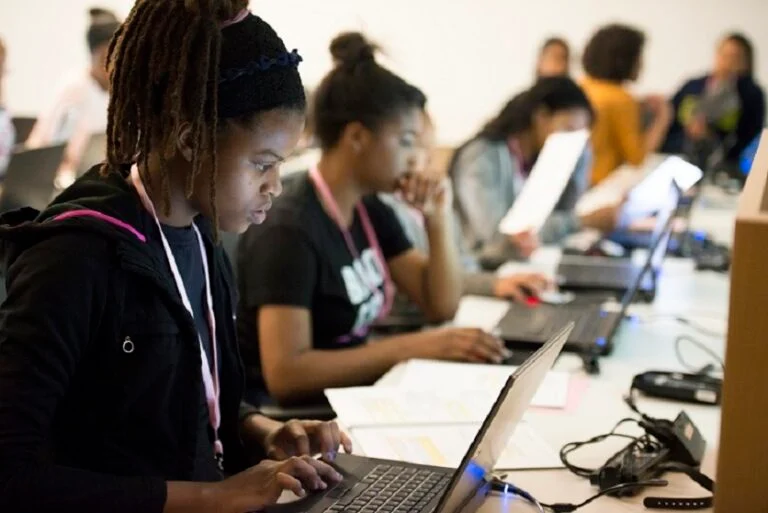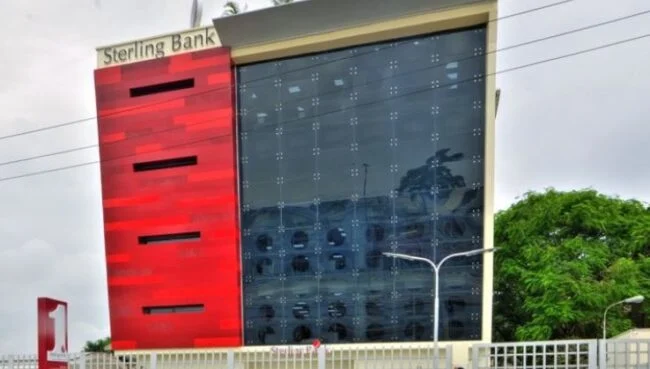On Sunday, hundreds of commuters and drivers were stranded for hours in traffic because of the Lagos-Ibadan Expressway’s Berger end’s continuing road construction.
According to reports, the traffic jam got worse when the expressway’s construction workers split both lanes into two.
The surge of vehicles using the congested routes to reach their destinations in the states of Ogun and Lagos resulted in a traffic jam that stranded several drivers.
A driver, Olumide Salami, while lamenting being trapped in the gridlock, said the construction workers should have provided alternative routes, adding that he was driving from Ilorin when he ran into the gridlock on the expressway.
He said, “I left Ilorin in the morning around 11 am and I stopped at Ibadan to pick up more passengers, some of whom disembarked from the bus because of what I am facing right now.
“We drivers are always afraid of coming to Lagos because of gridlock on the Lagos-Ibadan Expressway. The road is something else. They said that they are constructing the road and it was narrowed but I think this is not fair because the company should have provided an alternative.”
Another driver, Gbenga Onalapo, said he got trapped for three hours in the gridlock that stretched down to the Long Bridge area of the expressway.
He said, “I have been on this Long Bridge for hours now and we have been moving very slow and I really don’t know what has been happening. When will the government finish on this road and let us have peace? Every time, there are always issues on this road.”
A commuter, who identified himself simply as Ade, said in a bid to avoid being trapped in the gridlock occasioned by the slow-paced movements of vehicles plying the narrowed lanes, some motorists resorted to driving against the traffic.
Ade said, “I was going to Mowe from the secretariat area of the Lagos-Ibadan Expressway when I saw four police vans with other commercial vehicles plying the one-way direction. The situation affected a lot of vehicles plying the road.”
Another commuter, who gave her name simply as Susan, said, “The construction on the road is the cause of the traffic. But motorists’ especially commercial buses, are always in a hurry to beat the traffic by driving in a one-way direction. As you can see, everywhere is grounded now.”
Also commenting on the development, a passenger, who gave his name only as Samuel, said the traffic worsened at the New Garage area of the expressway due to the activities of some youths extorting money from truck drivers.
“It would not have been that worse around the New Garage where there is a diversion, but there are some boys that are stopping truck drivers around there and collecting money from them,” he said.
Samuel, who said he spent three hours in the gridlock, said the gridlock stretched from the Seven Up down to the New Garage area of the expressway.
He added, “Commercial drivers are charging more money because of the gridlock. From Ketu to Mowe which used to be N500, drivers are now collecting N1000.”
The Lagos Sector Commander of the Federal Road Safety Corps, Mr. Babatunde Farinloye, while reacting to the development, urged motorists to cooperate with traffic officers on the road.
He said, “The traffic started as a result of the ongoing construction. You know we are getting to the last lap of the construction, so there are diversions, and the impatience on the part of the motorists is what is making the whole thing very hectic. If people can maintain discipline and obey the traffic managers on the road, we will have less-hectic traffic and there will be no congestion.
“Our officials are strategically positioned all along the corridors of the road. We have our towing trucks on standby to move any broken-down vehicle. As of Monday, we will be out for our ‘Operation Orange Impact.’ All officers will wear reflective jackets ensuring free flow of traffic – if motorists will obey traffic managers.”


 BIG STORY3 days ago
BIG STORY3 days ago
 BIG STORY3 days ago
BIG STORY3 days ago
 BIG STORY10 hours ago
BIG STORY10 hours ago
 BIG STORY2 days ago
BIG STORY2 days ago
 BIG STORY3 days ago
BIG STORY3 days ago
 BIG STORY1 day ago
BIG STORY1 day ago
 BIG STORY2 days ago
BIG STORY2 days ago
 BIG STORY1 day ago
BIG STORY1 day ago






















